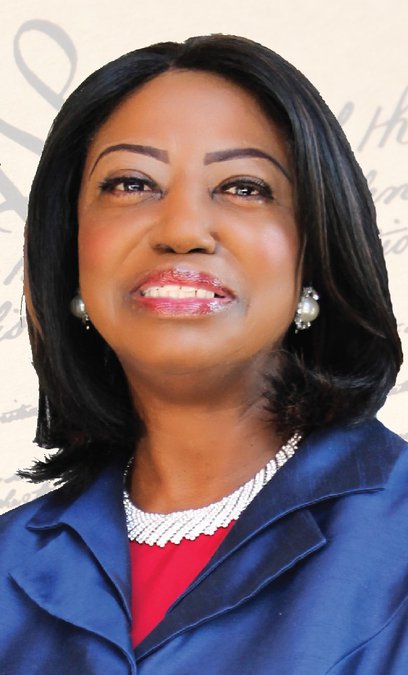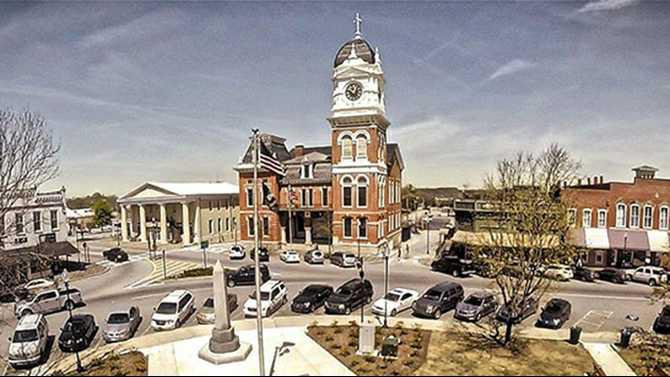COVINGTON, Ga. — A Newton County state lawmaker says she plans to relay her constituents’ concerns to county commissioners tonight, Sept. 7, about federal COVID-19 relief funds not being distributed despite the county having them for months.
District 113 State Rep. Sharon Henderson, D-Covington, said she has received “many calls and emails” about how $10.5 million in federal American Rescue Plan funds the county government received in May should be dispersed.
She said constituents in her northwest Newton district complained about the money not being sent out despite such recent developments as the U.S. Supreme Court not allowing the Centers for Disease Control to extend an eviction moratorium.
“A lot of people are hurting,” Henderson said. “There’s a laundry list of concerns.”
Henderson said she met with County Manager Lloyd Kerr about future use of the funds but declined to give details of what she said she will tell commissioners at their 7 p.m. meeting.
However, she said she felt there was a need to “act now” on the funds in the wake of the U.S. Supreme Court’s Aug. 26 ruling that only Congress had the power to extend the moratorium.
The decision puts hundreds of thousands of tenants at risk of losing their homes while President Joe Biden’s administration struggles to speed the flow of billions of dollars in federal funding to people who are behind in rent because of the coronavirus pandemic and associated economic hardship, the New York Times reported.
Henderson also hinted she had some “very good news” she will give to commissioners and county residents at the Tuesday meeting.
Kerr told commissioners Aug. 17 the county has been unable to spend the $10.8 million in funds because it is still waiting on the federal government to issue final rules on how to spend the money to cover local costs associated with COVID-19.
The $10.8 million represents the first half of what the county ultimately will receive. It is due another $10.8 million payment in May 2022, he said.
He said he knows the funding will only be allowed to be used for costs specifically linked to COVID-19.
However, he said the state’s county government advisory group, the Association County Commissioners of Georgia, has advised counties to “move slowly” on use of the funds.
Governments will be required to pay back any funding the federal government says was spent on ineligible projects or requests.
Kerr also said that once the county has the rules, he wanted to use some of the money to hire a third-party manager to administer the funds.
The county does not have the personnel with the experience required for such a major program, he said.
He said he could produce a Request for Qualifications within 30 days and would “hope for a good, quick response” before sending a final contract to commissioners. The administrator would perform such tasks as doing a community needs assessment, developing a project list and budget, and setting the criteria for eligibility, Kerr said.
It then would do periodic reporting to the Board of Commissioners through the end of the program, likely in 2026. The Board would have final say on any use of the funds, he said.
District 3 Commissioner Alana Sanders said she “had an issue” with spending some of the funds to hire a manager when some neighboring counties had allowed nonprofit groups like United Way to administer their funding in the past.
Kerr said funding would be needed to pay whoever administers the funds — even nonprofits.
He suggested the Board could allow more than one agency to administer the funding, with one managing funding to businesses and another to human services groups.







